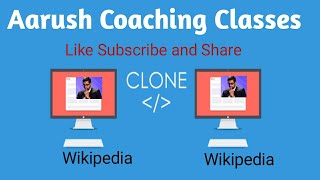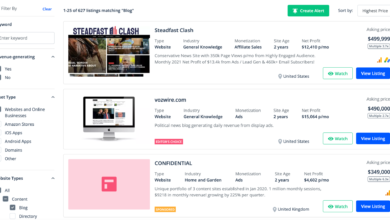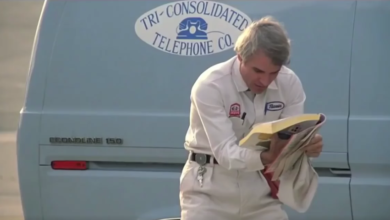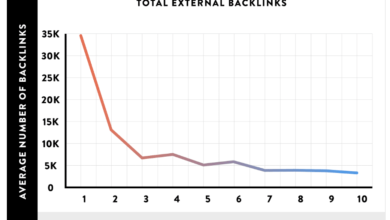Tech Thursday: 5 Secrets to Creating an Event in a Facebook Group That Gets Seen
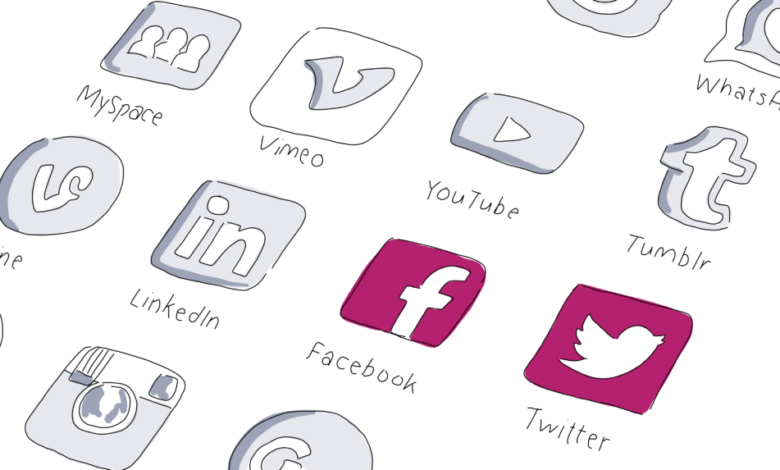
An incredible 1.4 billion people use Facebook groups every month. As an event planner, you need to know how to create an event in a Facebook group and how to incorporate groups into your overall social media event strategy.
Whether you’re planning a one-time mandatory software training course for busy professionals or organizing a highly anticipated regional gaming conference, Facebook groups are an invaluable tool to improve communication and generate excitement at events care for. Explore the tips you need below, including when to use Facebook groups, how to create a new group, and how to build engagement. And (bonus!) we’ve included top event planning Facebook groups to join for tips and inspiration.
Reading: How to create an event within a group on facebook
When should you use Facebook groups for events?

Facebook groups are great for large events drawing an existing, passionate community, such as music festivals, niche conferences, Renaissance fairs, or tabletop gaming tournaments (to name a few). If people are already interested in the topic, it’s much easier to get them involved in the group.
But smaller events and less community-oriented events can also use Facebook groups. A smaller event could use the group to build closer bonds between definite guests. For example, an industry conference might use a Facebook group to survey attendees before the event to find out their reasons for attending, collect questions for speakers, and measure interest in workshop topics. Getting people involved to customize the event creates excitement and a sense of connection.
Let’s explore some of the potential pros and cons of Facebook groups for events.
The Benefits of Using Facebook Groups for Events:
Groups provide a seamless way for event planners to engage with attendees “and connect attendees with each other” before an event.
- A group makes your event content more visible. On a Facebook Page, posts from followers appear in the Posts from Visitors tab, which people need to click on on purpose . (Not only does this require an extra click, it’s also counterintuitive on mobile—people often don’t click further.)
Posts from a group, on the other hand, automatically show up in members’ news feeds. Also, Facebook uses notifications for popular group posts. Group members who have not responded to a poll may receive a notification that reads: You may have missed this post at TabletopGamingCon 2020. The gentle reminder invites people to view popular content, interact with the group, and contribute.
- Get “Group Insights” for groups larger than 250 members. Use “Group Insights” to find out what types of posts work best and at what times Your members are the most active and willing to get involved. Do you have a group of professionals in their 30s? They don’t have to speculate about being active on Facebook during an afternoon break at work, checking in before dinner, or being active after their little kids have gone to bed. Group Insights reveals these activity patterns so you can schedule posts at optimal times. (Facebook makes it extremely easy for an admin or moderator to schedule group posts – after all, they want people to engage and rely on your group.)
- Build a sense of connection through live broadcasts or stories. To continue with our tabletop play example, you can use live broadcasts or stories in your Facebook group to share the board and pieces of a new historical miniatures game or a time lapse of setup for the biggest tabletop game in your state. This creates a sense of engagement and excitement around specific offerings at the event.
- Minimize confusion. Share key event information in your Facebook groups. Let guests know where to park, what to wear, or what dining options to expect. You already have this information from emails and the event website, but repeating it will help your guests remember the details.
Disadvantages of using Facebook groups for events:
There is one disadvantage to creating a Facebook group for an event, but it is significant: Facebook groups are common areas that require supervision and moderation. For example, if you organize a sheep and wool festival, you can give people the opportunity to vote on the types of tech courses they want to see, start conversations, and encourage people to share their favorite suppliers. Someone has to create that content and grapple with the answers.
Before you start a group for your event, consider how much time you (or a team member) can devote to the group and how much time you can get back You can count on this investment of time.Important considerations:
- Can anyone join the group themselves (a public group) or do they have to apply for membership (a closed group)?
- Do posts need administrative approval to be published?
- Who oversees approval?
- If posts don’t require approval, who manages off-topic, spam, or angry posts?
The pros often outweigh the cons, but it’s important to understand that Facebook groups require time and attention.

How to create a Facebook group for an event step by step:
Step 1. Click Create on the top right of Facebook and select Group.
See also: Developing Killer Website Maintenance Plans
Step 2. Enter your group name.
Step 3. Add group members.
Step 4. Choose the privacy option you want: Public, Closed, or Secret.
- Public: A public group visible in search
- Closed: A private group visible in search
- Secret: A private group hidden in search
Step 5 . Choose an icon to appear next to your group’s name in the shortcuts.
Step 6. Click Create!
Once the group is created, complete the setup by entering a brief description of the event associated Tags, a location and a cover photo.
Step-by-step instructions for creating an event in a Facebook group:
Assuming you already have a Facebook group (e.g .e.g. Regional Tabletop Game Fans ) and your group is hosting an event e.g. B. an annual conference or a game night at a local tavern. It’s very easy to create an event and invite your group members.
Step 1. Select your group
Step 2. Next to Write something¦ …more
Step 3. Select Create Event
Step 4. Give Enter your event details. If your group has fewer than 500 members, you can invite everyone by clicking Invite All Members.
See also: How to Make a Website Without a Website Builder
Step 5. Click Create!

How to Strengthen Your Event Facebook Group:
1. Know Your Attraction to Members
Make sure you give people a community-based or interactive reason to be there: Engagement is fundamental to the success of your group. Poll your members and use their input to shape the event; ask topical questions that get people talking; Post visual content like photos and videos that people want to see.
2. Promote your group on existing platforms
To attract people to event groups, consider sending emails to event registrations or promoting groups on the event’s Facebook page, listing and tickets, or giving them the opportunity to join emails for ticket confirmation. Some groups only offer membership to ticket holders or people who have attended an event, giving greater value to networking and community interactions.
3. Use social media advertising
If your group is big enough for “group insights”, take a look at your 25 or so most active users. They are very interested in the content and may be interested in promoting the group in their network or taking on moderation responsibilities. You can also attract influencers to your group by tagging them in your posts.
4. Consider Paid Ads
If you have an advertising budget, paid ads could be successful. Facebook’s powerful demographic tools mean you can target ads to people who live in specific areas and/or have relevant interests. Note that in order to run an ad, you need a Facebook Page, not just a group.
5. Expand or pause after the event
After the event, you have a few options. You can (and should!) ask your group some follow-up questions to help you plan future events. Encourage sharing pictures and telling stories about the event. However, if you ask people to post photos, be clear about using those photos to promote the event.
Again, if that particular event is going to take place, either the group is active keep it going (constant engagement but more work) or you can archive the group until it’s time to get people excited about the next one.

Six of the Most Popular Facebook Groups for Planners
Groups aren’t just for events! You can also use groups as resources to gather new event planning ideas and tips, network with peers in your industry, and gather ideas for venues and vendors when planning an event outside of your usual area.
Some event planning groups are popular, others cater to planners in a specific area, e.g. B. in western Ohio or in the greater New York City area. Others are designed for events professionals interested in a specific niche, such as: E.g. event food, technology, set design, production, decoration, weddings or specific cultures.
Here are some of the most popular Facebook groups for planners, their approximate size and activity level:
- Event Planners Gather: 18,000 members, 10 posts per day
- Event Planners Forum: 10,000 members, 6 posts per week
- Event Planners Club: 4.6.000 Members, 40 posts per day
- Event Planners and Decorators: 11,000 Members, 90 posts per day
- Fabulous Wedding Planners, Event -Day Coordinators & Vendors : 4.6,000 members, 60 posts per day
- Event Planners, TreatMakers & Bakers Who Rock: 6,000 members, 20 posts per day
- Eventplanner, TreatMakers & Bakers Who Rock: 6,000 members, 20 posts per day
Facebook aims and focuses on increasing engagement with meaningful groups , help group creators to increase their reach. So keep an eye out for new features, but dive in to create meaningful and engaged groups for your events today!
Now you are ready to create a successful event in a Facebook group
For more information on marketing your events, check out our 6 Killer Secrets to Successful Event Marketing post . Or improve your marketing skills by checking out all of our blog posts tagged with event marketing.
See also: Wait! Did you know these 3 things?
